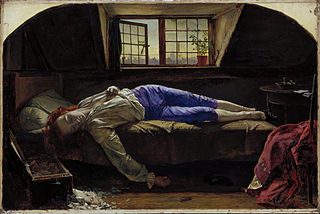A Quote by Deepak Chopra
Be happy for no reason, like a child. If you are happy for a reason, you’re in trouble, because that reason can be taken from you.
Related Quotes
To the European, it is a characteristic of the American culture that, again and again, one is commanded and ordered to 'be happy.' But happiness cannot be pursued; it must ensue. One must have a reason to 'be happy.' Once the reason is found, however, one becomes happy automatically. As we see, a human being is not one in pursuit of happiness but rather in search of a reason to become happy, last but not least, through actualizing the potential meaning inherent and dormant in a given situation.
There is really no reason to suffer. The only reason you suffer is because you choose to suffer. If you look at your life you will find many excuses to suffer, but a good reason to suffer you will not find. The same is true for happiness. The only reason you are happy is because you choose to be happy. Happiness is a choice, and so is suffering.
Meditation is enjoying oneself, just sitting silently doing nothing: happy, joyous without any reason, because all reasons come from outside. You meet a beautiful woman and you are happy, or you meet a beautiful man and you are happy - but the meditator is simply happy. His happiness has no reason from the outside world; his happiness wells up within himself.
Where did I get it from? Was it by reason that I attained to the knowledge that I must love my neighbour and not throttle him? They told me so when I was a child, and I gladly believed it, because they told me what was already in my soul. But who discovered it? Not reason! Reason has discovered the struggle for existence and the law that I must throttle all those who hinder the satisfaction of my desires. That is the deduction reason makes. But the law of loving others could not be discovered by reason, because it is unreasonable.
There are two excesses: to exclude reason, to admit nothing but reason. The supreme achievement of reason is to realise that there is a limit to reason. Reason's last step is the recognition that there are an infinite number of things which are beyond it. It is merely feeble if it does not go as far as to realise that.

































